
Photo: File
In recent years, artificial intelligence (AI) has been leaving an indelible mark on the travel industry, reshaping how we plan, experience, and reflect on our journeys. From personalised recommendations to streamlined logistics, AI enhances nearly every touchpoint in the travel experience. Let’s explore how AI influences travel and identify the areas most affected by this technological transformation.
Personalised Travel Planning
Gone are the days of generic travel itineraries. AI-powered platforms analyse user preferences, past behaviours, and real-time data to curate highly personalised travel recommendations. Whether it’s suggesting destinations based on interests, finding hidden-gem accommodations, or tailoring activities to fit specific budgets, AI is ensuring that no two travel plans are exactly alike. Tools like virtual travel assistants or chatbots can even adapt recommendations on the fly, making travel planning more dynamic and responsive.
Streamlined Booking and Customer Service
Booking flights, hotels, and car rentals has never been easier or faster. AI-driven algorithms scour thousands of options in seconds to present travellers with the best deals, often predicting price changes to help users secure the most cost-effective options. Meanwhile, AI chatbots offer 24/7 customer service, answering queries, resolving issues, and even making booking changes, all in real time. The speed and efficiency of these tools eliminate much of the stress traditionally associated with travel arrangements.
Enhanced Travel Safety and Security
AI is also bolstering safety and security in the travel sector. Predictive analytics helps airlines and travel companies anticipate and mitigate risks, such as delays caused by weather or mechanical issues. AI-powered surveillance systems and facial recognition technology streamline airport security checks, reducing wait times and improving passenger experiences without compromising safety.
Revolutionising the Travel Experience
From AI-guided tours to augmented reality (AR) overlays, technology enriches how travellers engage with destinations. Virtual reality (VR) allows users to “preview” destinations before booking, offering a taste of future experiences. Additionally, AI translation tools have bridged language barriers, enabling seamless communication in foreign countries and fostering more authentic cultural exchanges.
Sustainable and Smart Travel
AI is playing a pivotal role in promoting eco-conscious travel. Predictive models help airlines optimise flight paths to reduce fuel consumption, while smart city technologies use AI to manage tourist flow and minimise overcrowding. Travellers can also access platforms prioritising sustainable accommodations or activities, aligning choices with environmental values.
Most Affected Areas of Travel
- Hospitality: AI transforms hotel operations with automated check-ins, smart rooms, and personalised guest experiences.
- Airlines: Predictive maintenance, dynamic pricing, and AI-enhanced customer service are revolutionising airline operations.
- Tourism: Destination management organisations use AI to analyse traveller trends and optimise experiences.
- Transportation: From self-driving shuttles to AI-assisted navigation, ground transportation is becoming more intelligent and efficient.
- Travel Agencies: Traditional agencies are evolving into tech-savvy consultants, leveraging AI to deliver superior value to clients.
Conclusion
AI’s influence on travel is profound, touching every aspect of the industry and revolutionising the way we explore the world. As these technologies continue to evolve, the possibilities for enhancing travel experiences are boundless. Whether you’re a tech enthusiast or a traditionalist, there’s no denying that AI is reshaping journeys for the better, making them more personalised, efficient, and sustainable.
How has AI impacted your travel experiences? Share your thoughts and let’s explore this exciting journey together!
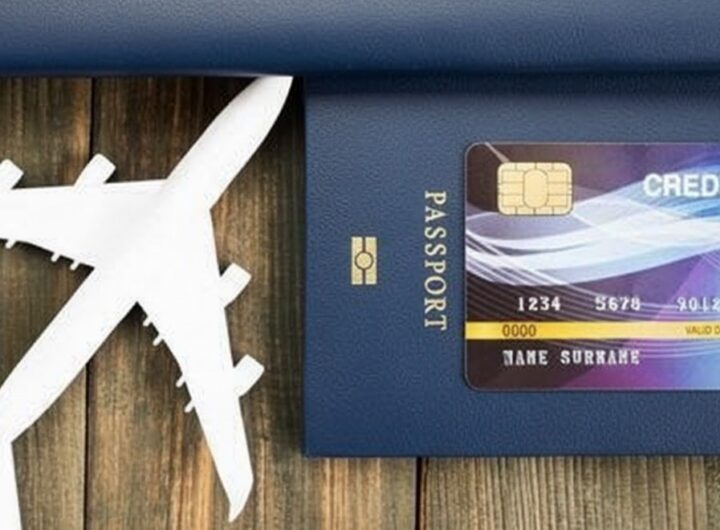 Aussies Are Jet-Setting for Free: How Frequent Flyer Points Saved Travellers $1,140 on Average Last Year
Aussies Are Jet-Setting for Free: How Frequent Flyer Points Saved Travellers $1,140 on Average Last Year 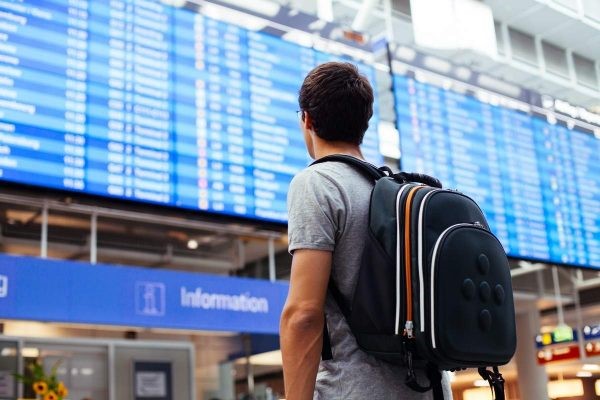 Travel Tops Aussies’ 2026 Savings Goals – And That Says A Lot About Us
Travel Tops Aussies’ 2026 Savings Goals – And That Says A Lot About Us 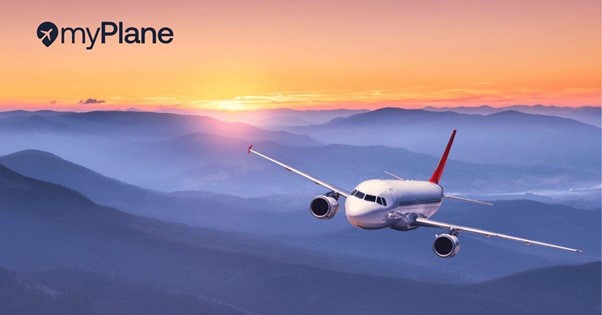 AI Revolutionises Private Jet Charter as Luxury Travellers Seek Exclusivity Away from Crowded Airports
AI Revolutionises Private Jet Charter as Luxury Travellers Seek Exclusivity Away from Crowded Airports  The Pros and Cons of Robot-Generated Itineraries
The Pros and Cons of Robot-Generated Itineraries  Chasing the Sun: Europe’s Best Autumn Escapes for Australians
Chasing the Sun: Europe’s Best Autumn Escapes for Australians  Two Holidays in One: Why Hong Kong is the Perfect Stopover
Two Holidays in One: Why Hong Kong is the Perfect Stopover 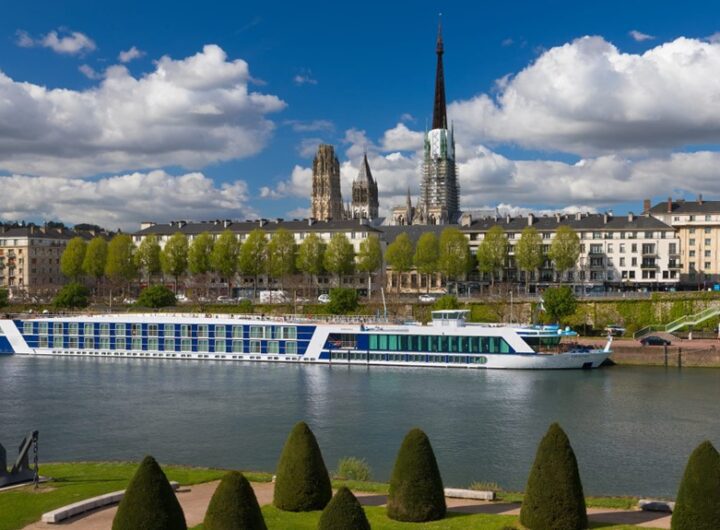 AmaWaterways Launches Fresh Brand Identity, Encouraging River Cruisers to ‘Follow Their Own Current’
AmaWaterways Launches Fresh Brand Identity, Encouraging River Cruisers to ‘Follow Their Own Current’  Marriott Bonvoy Launches Global Promotion Offering Bonus Points and Elite Night Credits Across 30+ Brands
Marriott Bonvoy Launches Global Promotion Offering Bonus Points and Elite Night Credits Across 30+ Brands 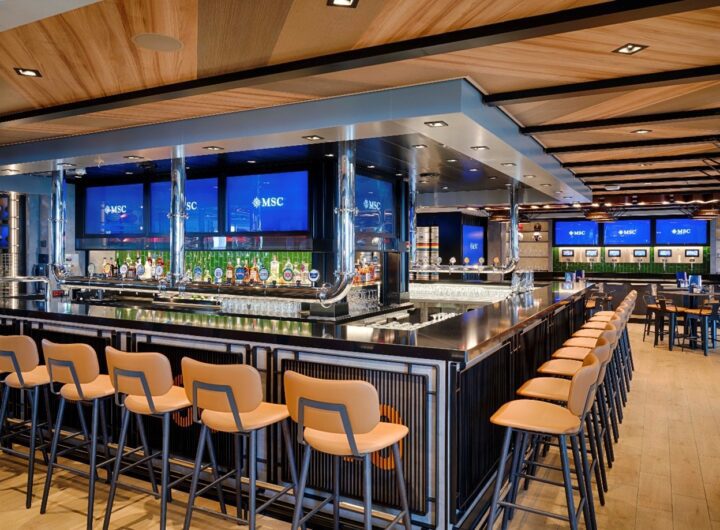 MSC Cruises to Stream 2026 Global Soccer Tournament Live Across Its Entire Fleet This Summer
MSC Cruises to Stream 2026 Global Soccer Tournament Live Across Its Entire Fleet This Summer  Five Reasons to Visit Kamalaya Now: Inside the Next Era of Thailand’s Legendary Wellness Sanctuary
Five Reasons to Visit Kamalaya Now: Inside the Next Era of Thailand’s Legendary Wellness Sanctuary 